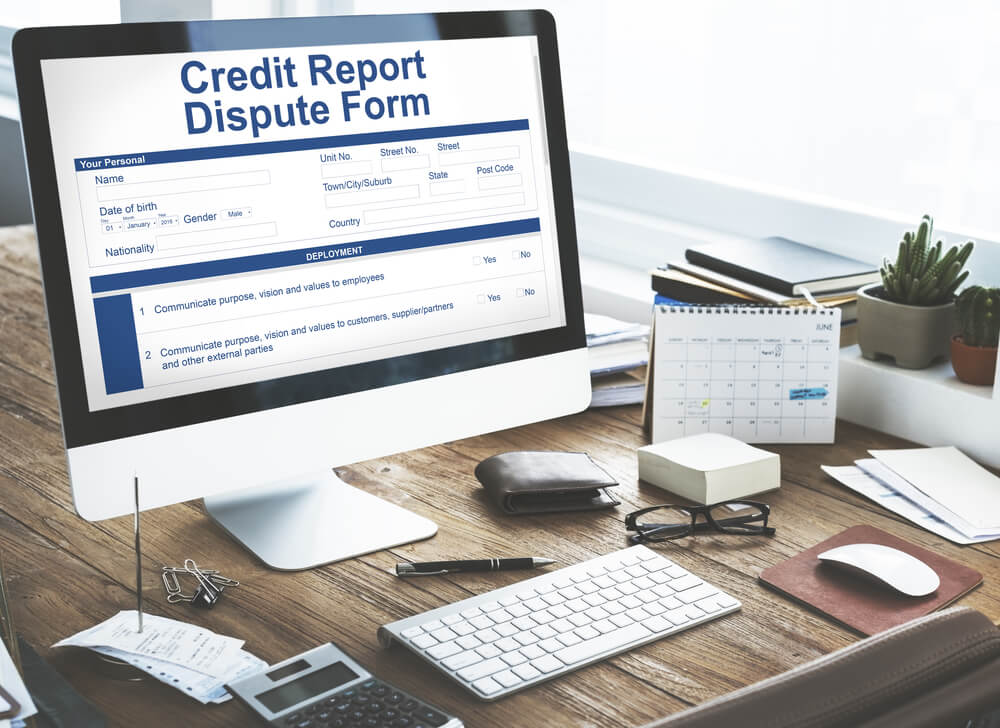
Credit Reference Bureaus (CRBs) in Kenya (TransUnion, Metropol, and Creditinfo) collect and maintain detailed records of your credit history, including loan applications, repayment patterns, and any defaults. This information forms your CRB report in Kenya, which lenders, employers, and financial institutions use to determine your reliability when it comes to borrowing and repayment.
Errors such as incorrect loan balances, outdated defaults, or debts mistakenly attributed to you can damage your credit score, making it difficult to access loans or even certain jobs. To avoid long-term financial setbacks, it’s important to know how to dispute wrong information on your CRB report and have the errors corrected promptly.
Under the Banking (Credit Reference Bureau) Regulations, 2020, every Kenyan has the right to access their credit report, dispute inaccurate information, and request corrections free of charge at least once per year, or more often after any dispute or adverse listing. Acting quickly is crucial, as negative listings can remain on your record for up to five years.
Step 1: Obtain Your CRB Report
The first step is to get a complete copy of your credit report from all three CRBs. You can do this online or via mobile:
- TransUnion – visit transunionafrica.com or dial *234# on your phone.
- Metropol – visit metropol.co.ke or use the Metropol Crystobol app.
- Creditinfo – visit creditinfo.co.ke and follow the steps to request your report.
Every Kenyan is entitled to one free credit report per year. Any additional reports within the same 12 months attract a small fee.
Carefully review your report for inconsistencies in your personal details, incorrect account balances, duplicate loan entries, wrong repayment statuses, or credit inquiries that you don’t recognize. These are the areas where most mistakes occur.
Step 2: Gather Evidence of the Error
Once you’ve identified an inaccuracy, gather documentation to support your claim. This may include:
- Bank statements or transaction receipts showing cleared payments.
- Loan agreements and clearance letters from lenders.
- Court orders or legal documents confirming debt settlements.
- Correspondence (emails or letters) from the financial institution.
- For fraud-related cases, include a police abstract or a sworn affidavit.
The stronger your documentation, the easier it becomes to resolve the issue efficiently.
Step 3: Notify the Lender or Creditor
Before going to the CRB, contact the lender or institution that reported the wrong information. Send them a written complaint by email or registered mail, clearly describing the error and attaching your supporting documents.
According to the Banking Regulations, the lender must investigate the claim within 14 days and, if found valid, must update the information with the CRBs within two working days of confirming the correction.
Most credit disputes in Kenya are resolved at this stage, especially if the error resulted from delayed updates or system issues between lenders and CRBs.
Step 4: File a Dispute with the CRB
If the lender fails to respond or does not resolve the issue, you can directly dispute the CRB report with the relevant bureau. Submit your dispute online, via email, or in person at any CRB office. Provide the following:
- A copy of your National ID or passport.
- Proof of address, such as a utility bill.
- A detailed description of the disputed entry.
- All relevant supporting evidence.
There is no fee for submitting a dispute. Upon receiving it, the CRB must attach a “dispute under investigation” note to your report within five working days and notify the lender responsible for the disputed data.
Step 5: Investigation and Timeline
Once notified, the lender must investigate and provide feedback to the CRB within 14 days. The CRB then has to finalize the entire process within 21 days from the day the dispute was filed.
If the lender does not respond within that period, the CRB is required to delete the disputed information from your credit report as per your request. However, if the lender later proves the data was accurate, the bureau can reinsert it with proper evidence.
After completing the investigation, the CRB must send an updated report to you and notify any institution that accessed your report in the previous 12 months of the correction.
Step 6: Review and Follow Up
After the dispute is resolved, review your updated credit report to ensure all changes were made correctly. If you still disagree with the outcome, you have the right to include a 100-word consumer statement explaining your side of the issue. This statement becomes a permanent part of your CRB report in Kenya and will be visible to lenders reviewing your credit history.
Step 7: Escalate to the Central Bank of Kenya
If the CRB or lender fails to act within the timelines set by law, you can file a complaint with the Central Bank of Kenya (CBK), which oversees CRB operations. Send your complaint and supporting documents to complaints@centralbank.go.ke or use the CBK’s online complaint portal.
The CBK typically investigates such complaints within 30 days. If the issue remains unresolved, you may also seek legal redress under Kenya’s data protection and consumer protection laws. Always keep a written record of all communications, including dates, reference numbers, and email correspondence.
Jefferson Wachira is a writer at Africa Digest News, specializing in banking and finance trends, and their impact on African economies.
